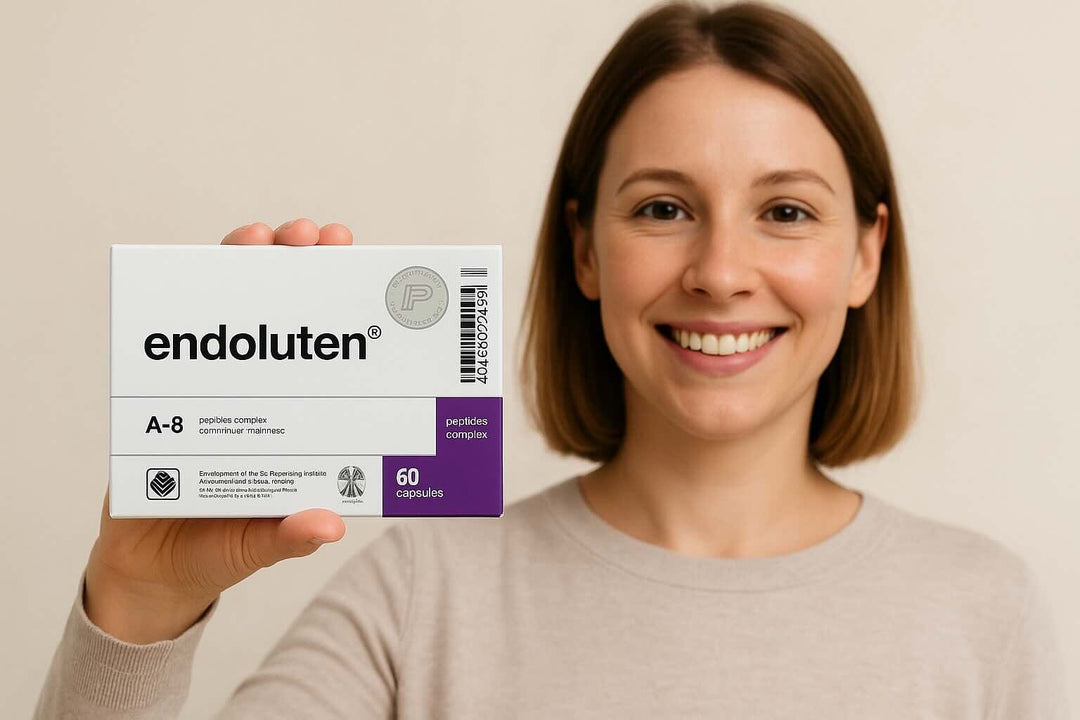Just as with the rest of the body, eyes will deteriorate as we age. How fast and severe the deterioration will however mostly depend on how well we care for our eyes throughout our lifetime. The quality and quantity of foods we consume will play a key role in safeguarding the health of the eyes for longer. These nutrients for eye health are best absorbed from our regular diet, but can also be gained from supplements.
Generally, a well-balanced diet should aid in preserving eye health. However, research has shown that there are specific nutrients that offer heightened benefits. When deficient in a person’s diet, it can make them more likely to develop certain eye conditions. So while maintaining a healthy diet is ideal, it is still advisable to ensure you are getting enough of these eye care supplements and nutrients, especially if your health status and family history indicate a possible vulnerability to eye problems.

1. Vitamin C
Vitamin C is a rich antioxidant. Antioxidants combat the harmful effects of free radicals. The outer layers of the eye are particularly vulnerable to exposure from free radicals. The damage they cause can lead to cataracts, macular degeneration, and glaucoma. These conditions can lead to blurry vision that can worsen and become blindness.
This vitamin is also responsible for the formation of collagen. This is a protein that aids in building and protecting the structures that hold the eye together. Collagen levels tend to decline as we age. Boosting vitamin C levels through ingestion of eye health supplements can help combat the loss of collagen.
Since vitamin C is not produced by the body, you will need to consume sufficient vitamin C-rich foods or take a supplement daily. Some good sources of this nutrient include carrots, bell peppers, watermelon, pineapple, broccoli, spinach, and kale. Try to add as many fresh, raw and colorful fruits and vegetables to your diet.

2. Omega-3 Fatty Acids
Omega-3 fatty acids are made up of docosahexaenoic acid (DHA) and eicosapentaenoic acid (EPA). DHA is used in the formation of cells around the retina. Both DHA and EPA also have anti-inflammatory properties, help to regulate blood pressure and cholesterol. They also help control blood sugar which can play a significant role in preventing diabetic retinopathy.
These fatty acids are key to eye health as they can reduce the risk of certain eye problems including macular degeneration. They may also help in preventing dry eyes by making it easier for tear production to happen. Dry eye conditions can cause a range of eye problems including dryness and blurry vision.
The best natural source of omega-3s is oily fish like tuna, sardines, salmon, and mackerel. These nutrients can also be found to a lesser extent in chia seeds, flaxseed, and nuts. Not many people however have easy access to these foods or tolerate them well. A good alternative lies in supplements for eye health.

3. Lutein and Zeaxanthin
These are carotenoids responsible for the colorful hues you see in many fruits and vegetables. The compounds are absorbed into the retina and macula of the eyes where they aid in filtering harmful blue light that we are exposed to from digital screens. This action prevents eye strain and allows for sharper vision. They also help preserve eye health by reducing the risk of cataracts and macular degeneration by combating the action of unsteady particles in the eyes.
Their antioxidant effect can also aid in reducing the effect of bad cholesterol and promote better blood circulation. Their combination has a strong antioxidant effect that works well in combating free radicals. These plant compounds can be found in dark green leafy vegetables, corn, egg yolks, and grapes. It is best absorbed from cooked vegetables and eggs. It can also be absorbed through supplements for eyesight that can accommodate a dosage of 6-20 mg a day. This amount is recommended where a person is looking to reduce the risk of eye problems.

4. Vitamin E
This is another antioxidant that contributes towards combating the harmful effects of free radicals on the eyes. When free radicals are free to damage cells, it makes them more vulnerable to developing a range of diseases. Vitamin E is best combined with vitamin A, lutein, and zeaxanthin to prevent macular degeneration. It also helps promote the formation of healthy tissues and cells. Those with its deficiency are more likely to suffer problems with eye movement and degenerative conditions.
The average American diet is often lacking in sufficient levels of vitamin E. Studies have shown that taking eyesight supplements that contain vitamin E can help reduce the risk of developing age-related macular degeneration (AMD) by as much as 25%. Nuts and seeds, spinach, whole grain cereals, and avocado are the richest natural sources of vitamin E.

5. Zinc
This trace mineral can be found in abundance in the retina of the eye. It helps in the formation of the pigment melanin. Melanin is responsible for protecting the eye. Zinc converts beta-carotene, which is absorbed from plant sources, into vitamin A. It is vitamin A that is used to create melanin.
People that have a zinc deficiency will often suffer impaired vision, particularly night blindness. They will also often experience cataracts. Boosting your intake of zinc supplements can help slow the development of AMD. It may not however improve night vision. Some good natural sources of zinc include beef, lobster, fortified cereals, and yogurt.
6. B Vitamins
B vitamins have a strong influence on eye health. While there are eight types of B vitamins, three, in particular, are key to reducing the risk of age-related eye problems like macular degeneration.
- Pyridoxine (Vitamin B6) – This water-soluble vitamin aids in the metabolism of proteins, fats, and carbohydrates to create red blood cells and neurotransmitters. It helps to reduce levels of homocysteine that have been found to increase the risk of AMD. Deficiencies in B6 may also increase the risk of blood vessel damage around the retina.
- Folic Acid (Vitamin B9) – This folate also helps in the formation of red blood cells. When found in low levels, there is an inability to properly absorb and utilize nutrients. In combination with B6 and B12, folic acid can help reduce the risk of age-related eye problems, like AMD and glaucoma, and retinal disorders.
- Cyanocobalamin (Vitamin B12) – Like B6 and B9, this vitamin also contributes toward the formation of red blood cells. It also helps to build and maintain myelin which is a protective layer around nerve cells that facilitates sending of signals. Those that eat a diet rich in B12 have been found to have slower progressing AMD. Those that have a deficiency are often at higher risk of optical neuropathy that leads to decreased central vision due to damaged optical nerves.
The best natural food sources for B vitamins are organ meats like liver, beef, seafood, poultry, eggs, leafy green vegetables, legumes, fortified cereals, dairy, nuts, and seeds. Certain demographics that may be vulnerable to deficiencies may however opt for the best eye health supplements that incorporate these nutrients.






